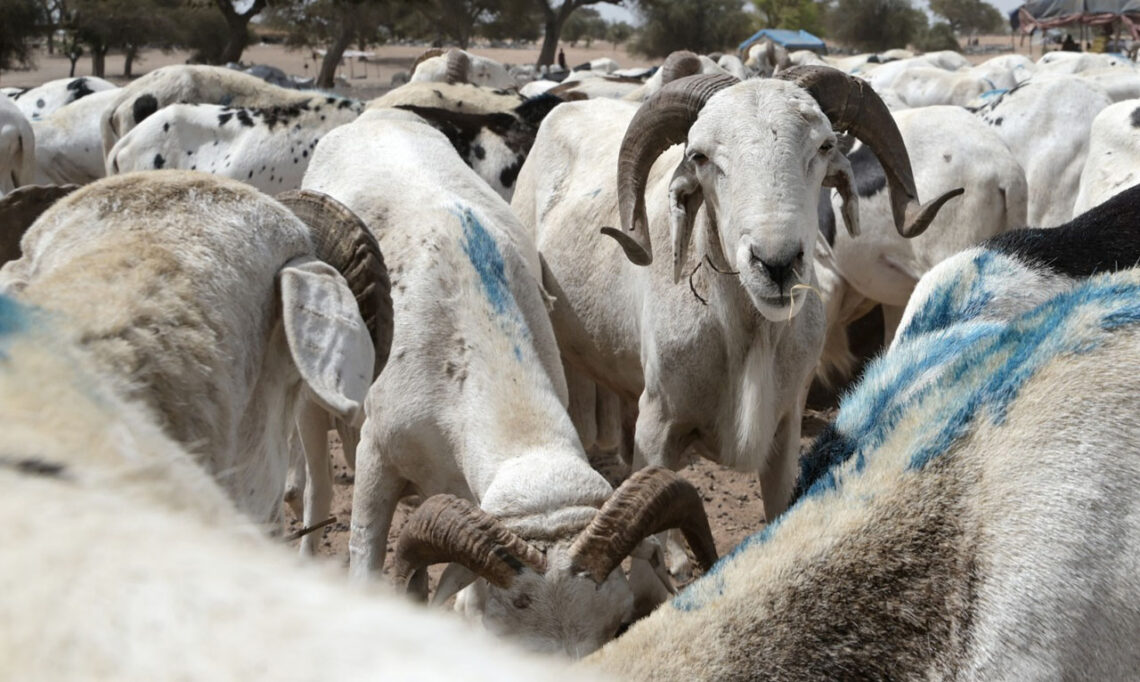The chief executive officer of ProteinTrail Technology, Muritala Alade-Bamgbala, has called on Nigeria to adopt advanced technology to enhance the livestock sector and position the country as a major player in the global export market.
Speaking in Lagos, Alade-Bamgbala emphasised the importance of digitisation in the livestock value chain, advocating for robust systems to track and monitor livestock health and movement. He noted that leveraging technology would not only reduce risks associated with zoonotic diseases but also ensure transparency and accountability in the sector.
“The livestock sector is critical to Nigeria’s economy, contributing about one-third of the agriculture sector’s 21 per cent GDP share. However, the full potential of the sector remains untapped due to challenges like inadequate meat inspection and counterfeit certifications,” he said.
Alade-Bamgbala highlighted how digital solutions, such as QR-coded ear tags, can help farmers track vaccination history, health status, and movement records of their livestock. He cited examples from countries like the United States, where digital tracking systems have enhanced food safety and boosted market confidence.
The CEO also warned about the public health risks posed by insufficient meat inspection, pointing out that contaminated meat and heavy metals in the food chain could lead to severe health crises.
To address these issues, ProteinTrail Technology has digitised the meat inspection process, enabling state veterinarians to issue secure health certificates for cattle slaughtered in government-approved abattoirs. This innovation, according to Alade-Bamgbala, is already being implemented in states like Oyo and the Federal Capital Territory, with plans for nationwide adoption.
He commended President Bola Ahmed Tinubu for establishing a Ministry of Livestock Development and a Presidential Committee on Livestock Reforms, which aim to modernise the industry and drive global competitiveness.
“By embracing technology, Nigeria can reduce cattle rustling, farmer-herder conflicts, and inefficiencies in livestock management. This will not only improve productivity but also secure a larger share of the global livestock market,” Alade-Bamgbala concluded.





